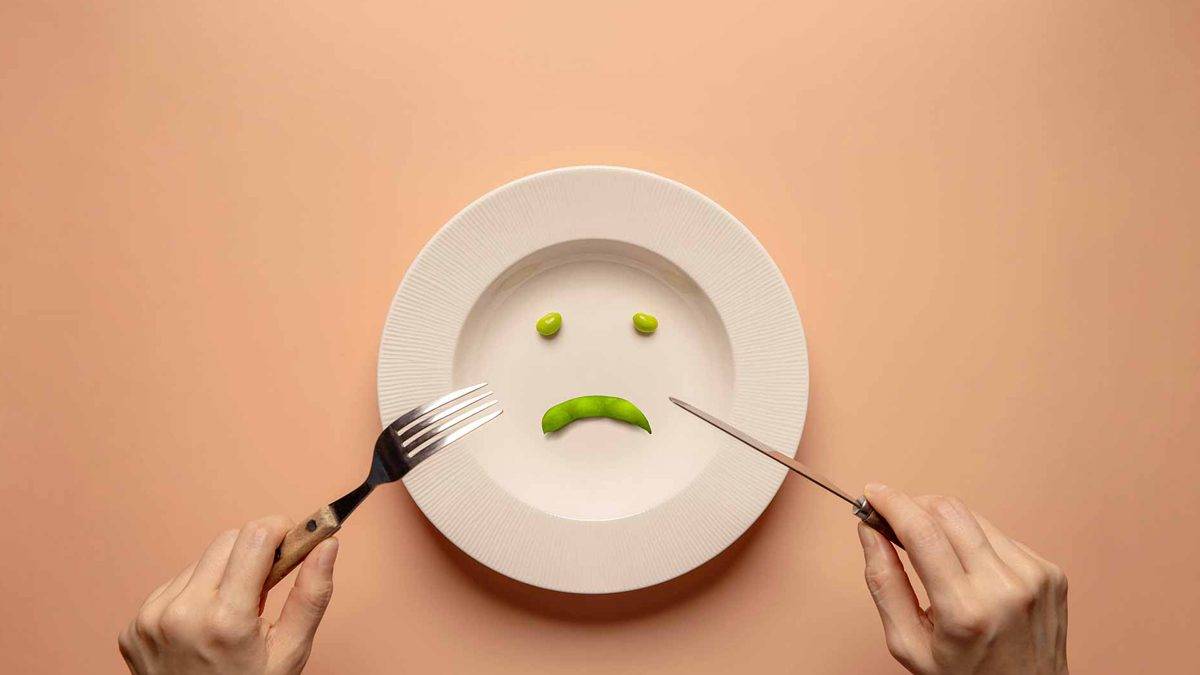We Tend to Oversimplify Concepts Such as Powerlessness & Willpower By now, the research is clear: Addiction is a chronic brain disease, not a matter of willpower. This means that, contrary to old stereotypes, people who become addicted to drugs or alcohol are not weak, immoral, or tragically flawed. David Sack, M.D., is board certified in Psychiatry, AddictionPsychiatry, and Addiction Medicine. Dr. Sack currently[…]
Category Archives: Mental Health
Help from the Unconscious After working with dreams for over thirty-five years, I am convinced that all dreams come in the service of health and wholeness. Even recurring nightmares aim to help the dreamer move forward consciously toward well-being. If a dream is remembered, it indicates an important role for the dreamer’s waking mind in[…]
The Risk of Cross-addictions in Early Recovery A leading cause of eating disorder relapse is getting into a relationship too early in recovery. Early recovery is emotionally volatile; add in the additional ups and downs of a romantic relationship and you’ve got a recipe for relapse. In the vulnerable early stages of recovery, there is[…]
Highly sensitive children often feel emotions deeply, which can make them more likely to face challenges like depression. While their sensitivity can lead to creativity and empathy, it also requires proper emotional support to prevent difficulties from worsening. This article discusses how to help sensitive children manage their emotions, build resilience, and find happiness. The[…]
The Link Between Perfectionism and Obsession in Workaholism Workaholism is not just about working excessively; it is an obsession that stems from perfectionism. Understanding this inner dynamic is crucial to grasp how workaholism leads to narcissism. In this post, we will explore how obsession plays a pivotal role in workaholism and its psychological consequences. The[…]
Anxiety can feel overwhelming and isolating, but there are natural ways to manage it effectively without relying on medication. Here are five practical tips to help you reduce anxiety, improve your well-being, and regain control of your life. 1. Find a Support Group (Online or In-Person) Connecting with others who understand your struggles can make[…]
Choose Between Resentment And Healing; You Can’t Do Both Recovery from relationships that have suffered chronic resentment is long, complex and fraught with setbacks, whether the couple breaks up or tries to repair the damage done to the union. Unlike anger, which is stimulated by discreet incidents or thoughts, chronic resentment is a general ego defense[…]
New Study Finds Many College Students Are Addicted to The Internet Imagine what it would be like not to have access to the Internet or your cell phone for 24 hours. To me the idea sounds wonderful; for many college students, however, such an idea sounds perverse. According to a University of Maryland study released last year,[…]
Self-destructive behaviors are actions that harm one’s physical, emotional, or mental well-being. Despite being harmful, these behaviors can often feel habitual or even comforting to those who engage in them. But why do people engage in self-destructive behaviors? And is it possible to truly love yourself while continuing these harmful patterns? Let’s explore these questions[…]
The Downside of Mindless Leadership Most leadership training focuses on achieving more in less time, but this approach often comes at a cost. Leaders can unintentionally create stress and strain relationships with their teams. Traditional management strategies emphasize speed and productivity, but they often fail to consider the broader impact on workplace morale and collaboration.[…]










